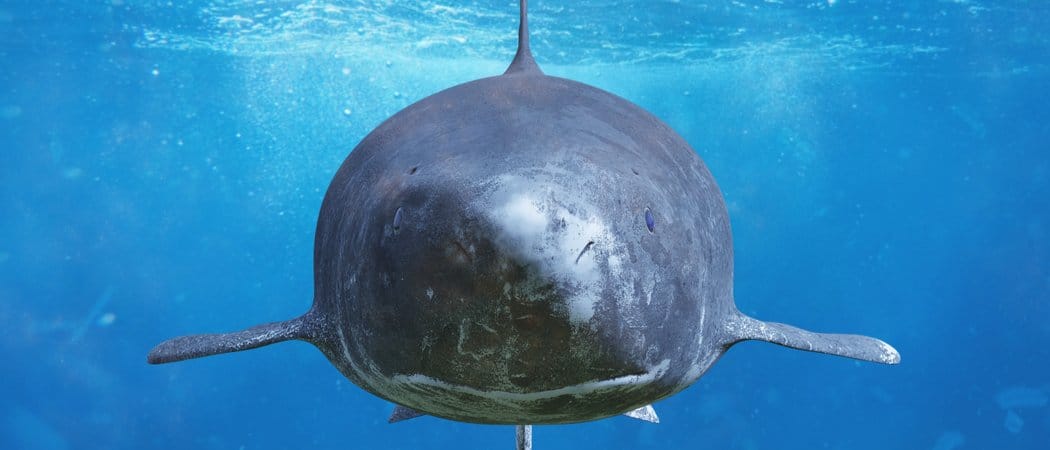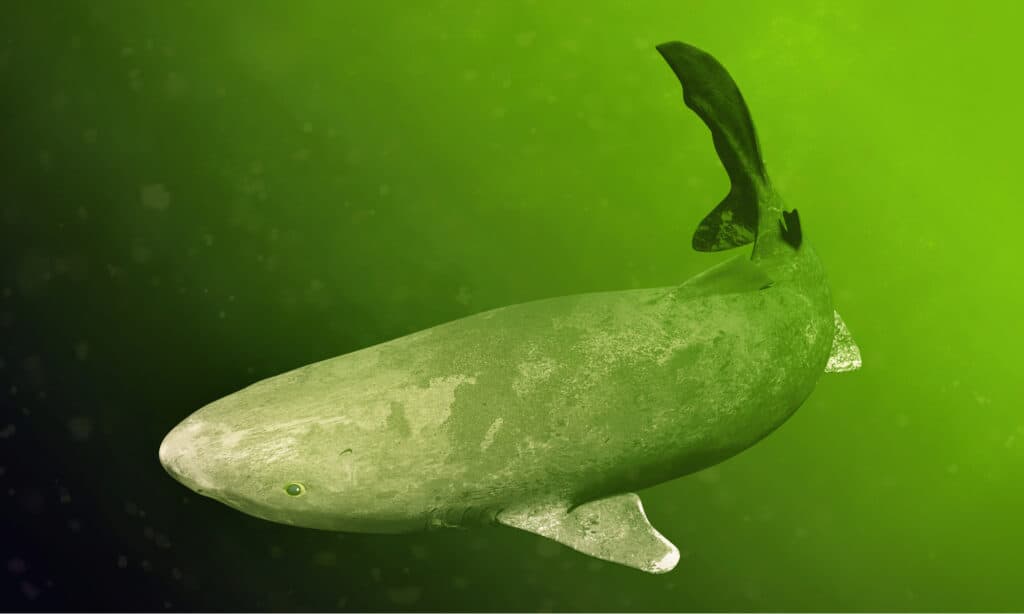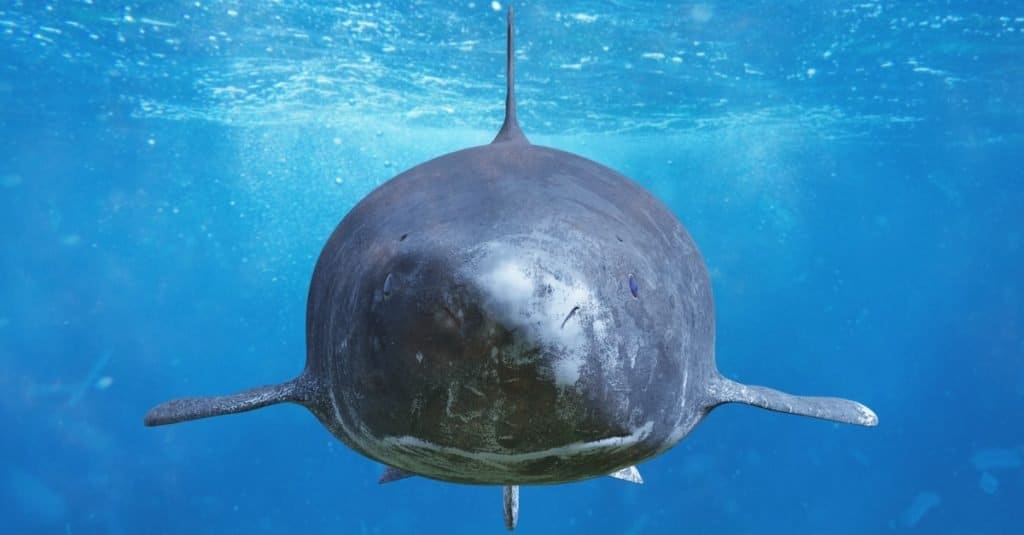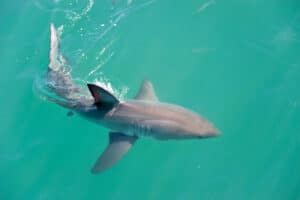Continue reading for our analysis...

There are very few animals on the planet that claim to be older than a country! Meet the Greenland shark. It has the longest lifespan of any vertebrate in the world. As the clip at the bottom of this page explains, some of these sharks may have been swimming in the ocean since before the Mayflower arrived in Massachusetts!
What Exactly Is the Greenland Shark?
The Greenland shark is also known as the gurry shark or simply the grey shark. They belong to the Somniosidae family (the sleeper family of sharks) and their scientific name is Somniosus microcephalus.
These sharks prefer cold waters and are usually found in the North Atlantic around the coast of New England and Canada and in Scandinavian waters. They are also found in the Arctic Ocean. However, they have been found as far south as the mouth of the Seine River in France. Also, there is some evidence that they can live in warmer habitats such as the Caribbean but only at great depths. Their preferred habitats are continental and insular shelves, intertidal regions, and some shallow bay areas. They can tolerate deep and cold water and have been found at depths as great as 2200 m.
What Do Greenland Sharks Look Like?
Sharks have short, rounded snouts, small eyes, and surprisingly small fins for a shark. They can be creamy-gray ranging to a blackish-brown. These sharks are also big! Greenland sharks can weigh up to 2200 pounds and reach over 15 feet which makes them similar in size to the great white shark.

The Greenland shark can reach a maximum weight of over 2,000 pounds.
©Dotted Yeti/Shutterstock.com
How Do Greenland Sharks Behave?
These sharks are generally described as sluggish and swim very slowly. They lurk near the seafloor looking for food and lead a solitary life outside of the mating season. This species feeds on fish and marine mammals (such as seals) and carrion. The fish species that they target include herring, salmon, and cod.
They do not seem to be that fussy about what they eat and are scavengers. There are reports that some have been found with horse carcasses in their intestines! These animals probably fell through the ice and may have been dead before the shark got to them.
They have no natural predators but are caught by humans for their liver oil and meat. However, the carcass must be prepared, washed, and dried correctly or it is toxic for humans!
How Large Are Adult Greenland Sharks?

Greenland shark encounter, Somniosus microcephalus, deep-sea shark species
©Dotted Yeti/Shutterstock.com
Greenland sharks are one of the largest living species of sharks, with weights that can be over 3,090 lbs (more than 1.5 tons) and lengths that can reach up to 23 feet. In length, they can grow bigger than a great white shark. The male Greenland sharks are usually smaller than the females.
Summary of the Greenland Sharkble
| Greenland Shark Facts | Details |
|---|---|
| Scientific Name | Somniosus microcephalus |
| Family | Somniosidae (Sleeper family of sharks) |
| Habitat | North Atlantic, Arctic Ocean, Continental and insular shelves, intertidal regions, shallow bay areas |
| Appearance | Short, rounded snout, small eyes, small fins, creamy-gray to blackish-brown color |
| Size | Up to 2200 pounds and over 15 feet |
| Behavior | Sluggish, slow swimmers, solitary outside of mating season |
| Diet | Fish (herring, salmon, cod), marine mammals (seals), carrion |
| Predators | No natural predators, caught by humans for liver oil and meat |
Thank you for reading! Have some feedback for us? Contact the AZ Animals editorial team.






